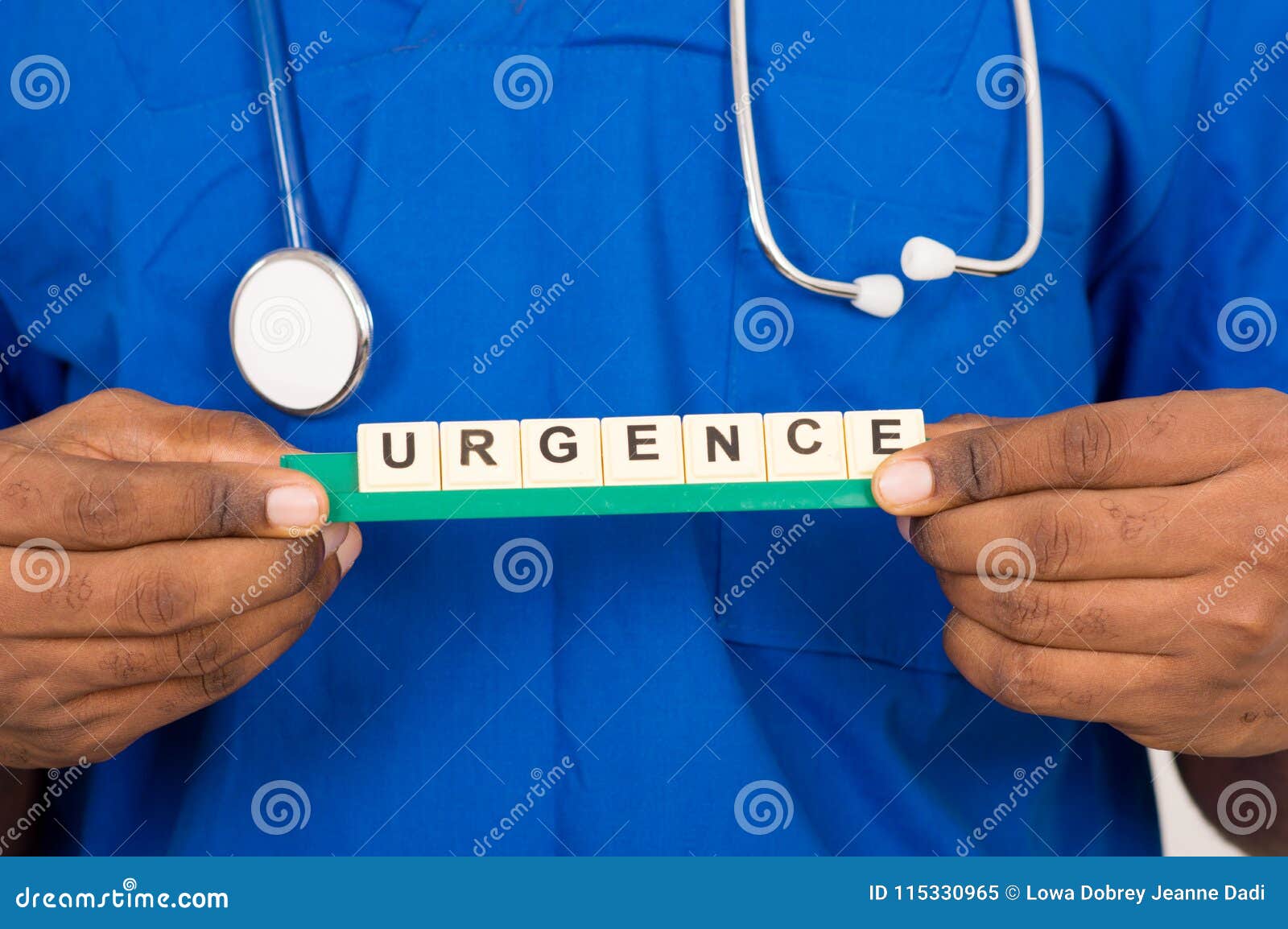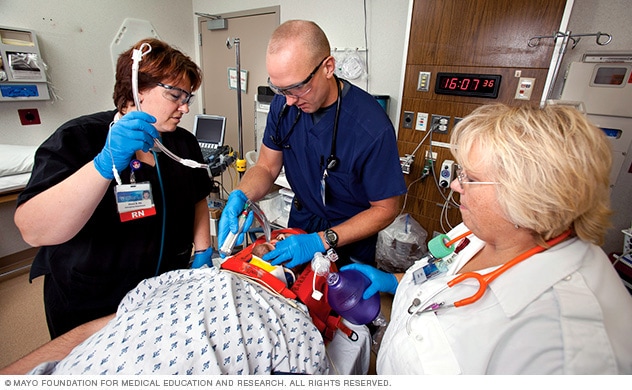
9 There are no studies to date comparing self-reported SDN data with NRMP’s published data in the larger field of EM. Applicants who use this data to inform their own application process must do so with caution, as these posts are anonymous and there is no mechanism to ensure their accuracy.Ī comparison of self-reported SDN and NRMP data in the comparatively small field of radiation-oncology showed bias of aggregate self-reported test scores toward higher-scoring applicants.

8, 9 These data can then be accessed by other potential applicants to evaluate the competitiveness of their own application.

In recent years, it has become common for residency applicants to provide self-reported data from their own residency application. The forums are available for public viewing, but posting is restricted to those with an account on the website. The SDN hosts forums for its online community by subject matter spanning all stages of medical education. One commonly used online resource is the Student Doctor Network (SDN, which offers an online forum for students, residents, and attending physicians to discuss past and current experiences with the match process, among other topics. 5, 6 Despite these resources, medical students are often unaware of how their residency application compares to their peers, leaving applicants to use other, less official, resources with undetermined accuracy. Advisors, mentors, and other official resources provide applicants with additional information on the application process including application approaches, interview strategies, and general statistics for residency programs. 4 The NRMP’s Charting Outcomes in the Match publications include applicants’ mean United States Medical Licensing Examination (USMLE) step scores, and Alpha Omega Alpha (AOA) Honor Medical Society status. 1- 3 The National Resident Matching Program (NRMP), for example, publishes data from medical students entering the match process within each medical specialty. Medical students interested in emergency medicine (EM) have multiple resources available to assist them during their residency application process. Given the self-reported nature of the SDN, applicants should use SDN forums with caution. Self-reporting on SDN has increased in recent years, but it is unknown whether this increase will lead to more accurate information for EM applicants. Self-reporting on SDN showed a slight bias toward higher USMLE step scores in the most recent year when compared to objective NRMP data. Reported contiguous residency program ranks were similar to NRMP in all years, and the proportion indicating Alpha Omega Alpha Honor Medical Society membership was similar to NRMP only for the most recent year studied. For the most recent year studied, applicants who posted to SDN reported higher mean (USMLE) Step 1 (234, 95% confidence interval, 233–236) and Step 2 scores (250, 95% CI, 248–251) when compared to NRMP data (231 and 241). For the first two years of analysis, mean United States Medical Licensing Examination (USMLE) scores were similar to SDN reports. The majority of these applicants (79%) posted for the 2018 application cycle following transition to a Google Docs spreadsheet. These data were compared to the NRMP charting outcomes for each respective year.Ī total of 360 EM applicants self-reported data on the SDN during the years reviewed. We retrospectively reviewed self-reported SDN data by DO and MD candidates from EM forums for the 2014, 2016, and 2018 residency application cycles. To determine whether the SDN is an accurate source of information for emergency medicine (EM) applicants, we compared self-reported SDN data to objective data from the National Resident Matching Program (NRMP). The accuracy of this resource is unknown. These forums allow other applicants to review self-reported data from their peers to inform their own application process. In recent years, specialty-specific forums for residency applicants to self-report their own application information have become popular.

Residency applicants use multiple resources to guide their application process including the Student Doctor Network (SDN), a publicly available online forum for the discussion of various topics in medical education.


 0 kommentar(er)
0 kommentar(er)
